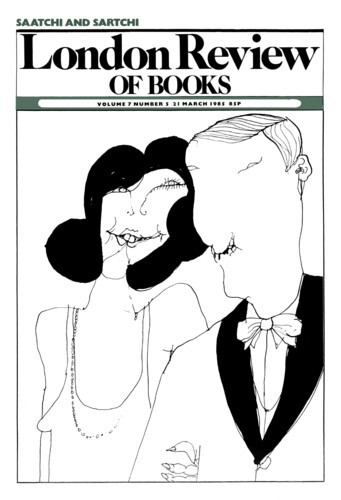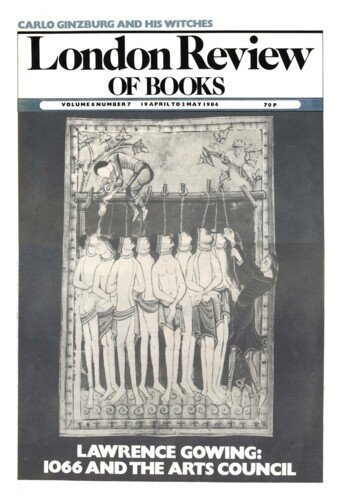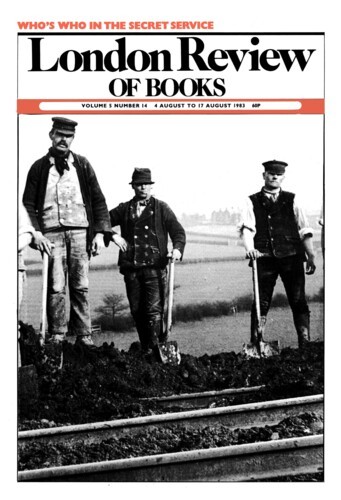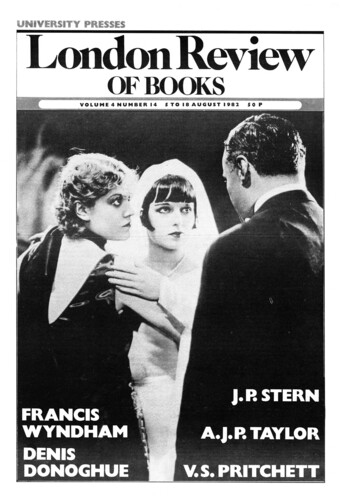Illusionists
Norman Hampson, 20 August 1992
Once upon a time, a distinguished French Department in a well-known British university set a question on Diderot in its Final Examination. Owing to a couple of unfortunate misprints, his name appeared as ‘Piderst’. Understandably, it was not a popular question. But it did attract one answer, from a candidate who discussed the merits of Piderst with enthusiasm, if in rather general terms. The department, contrary to its usual practice, gave him a viva, in which he sustained his opinion with a conviction that impressed his examiners. Diderot would have enjoyed that – and probably gone on to ask himself if he was not, in fact, really Piderst rather than Diderot, or maybe both at the same time. He was perhaps the most attractive of the 18th-century French philosophes, and certainly the most elusive. The problems that he poses are enough to frighten off the most intrepid biographer and one can only admire P.N. Furbank, not merely for tackling the job at all, but for doing it so well.’





